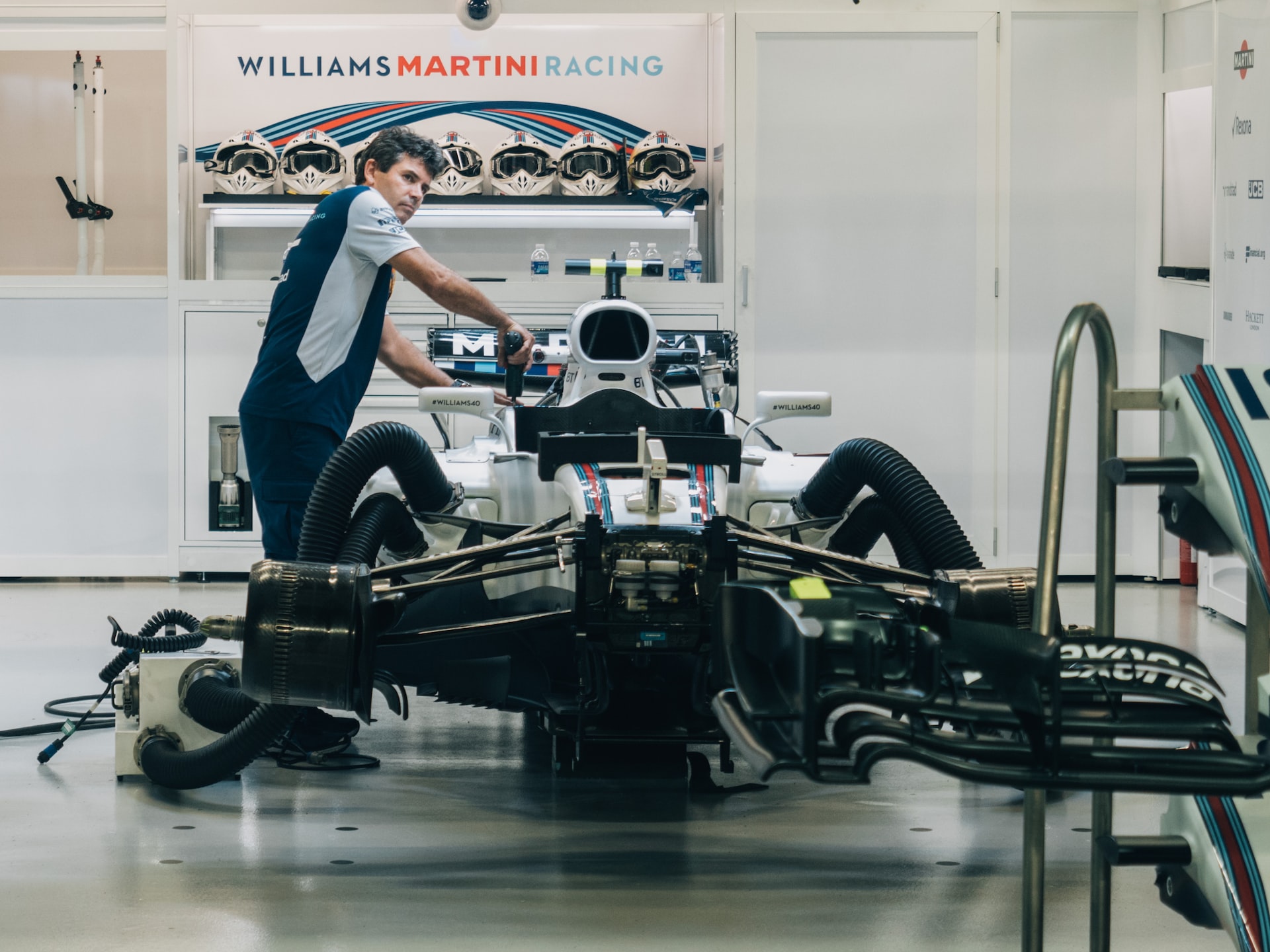Introduction
Your vehicle is more than just a mode of transportation – it’s an investment. As such, it’s important to take care of it to ensure that it continues to run smoothly and efficiently for years to come. Regular maintenance is the key to keeping your vehicle in top shape, and that means paying attention to its various parts and performance. It is important to keep your vehicle in good condition so that you can enjoy many years of safe driving. In order to do this, be sure to regularly learn about the various parts and systems in your vehicle, keep them well maintained and replace any parts that are damaged, as well as follow these tips!
Tire Maintenance
Your vehicle’s tires play a crucial role in its performance, and keeping them in good condition is essential for your safety on the road. Check your tire pressure regularly, as underinflated or overinflated tires can affect your vehicle’s handling and fuel efficiency. Rotate your tires every 5,000 to 7,500 miles to ensure even wear and maximize their lifespan. If you notice any signs of damage or wear, take your vehicle to a trusted tyre specialist for inspection and replacement.
For vehicle tyres like this, tyres in Varsity Lakes are a crucial part of its performance and safety. They are responsible for providing traction and stability while driving, and a worn-out tyre can compromise your vehicle’s handling and braking performance. Therefore, it’s essential to maintain your tyres regularly. When convenience matters, mobile tire fitting services can bring professional support directly to your location, reducing downtime and keeping your routine on track. With providers like Melksham Tyre Supplies, you can access reliable on-site fitting and inspections that make tyre care both efficient and hassle-free.
Brake Maintenance
Your vehicle’s brakes are arguably the most important safety feature, and regular maintenance is essential to ensure that they continue to function properly. Brake pads should be replaced every 50,000 miles or sooner if they are worn down. Brake fluid should also be checked regularly, as low levels can indicate a leak in the system. If you’re experiencing any issues with your brakes, such as squeaking or reduced stopping power, take your vehicle to a brake booster and auto transmission specialist for inspection and repair.
The brake booster is another important component that contributes to your vehicle’s safety. It amplifies the force applied to the brake pedal, making it easier to stop the vehicle. A malfunctioning brake booster can reduce the effectiveness of your brakes, which can be dangerous.
Fluid Maintenance
In addition to oil changes, your vehicle relies on several other fluids to function properly, including coolant, transmission fluid, and power steering fluid. These fluids can break down over time, become contaminated, or leak out, leading to significant problems down the road.
To maintain your vehicle’s fluid levels, you should check them regularly and top them off as needed. It is also important to flush and replace these fluids periodically to prevent costly repairs. Your car’s owner manual can provide you with specific recommendations for fluid changes and intervals. If you’re not familiar with your car’s fluids or their maintenance requirements, take your vehicle to an auto transmission specialist for assistance.
Oil Changes
One of the most crucial maintenance tasks for your vehicle is oil changes. The oil in your car is responsible for lubricating the engine’s moving parts and reducing friction and heat. Over time, the oil breaks down, collects dirt and debris, and becomes less effective. This can lead to engine wear and tear, reduced fuel economy, and eventually, engine failure.
It is essential to change your car’s oil regularly, typically every 5,000 to 7,500 miles, depending on the make and model of your vehicle. This interval can vary based on the driving conditions and the age of your car. If you neglect your car’s oil changes, you risk damaging your engine, which can be costly to repair or replace.
Battery Maintenance
Your vehicle’s battery is essential for starting the engine and operating the car’s electrical systems. Over time, the battery can lose its charge or become damaged. A dead battery can leave you stranded, and replacing it can be expensive.
To avoid battery issues, it is essential to maintain your car’s battery regularly. You should check the battery’s terminals and cables for signs of corrosion or damage, which can lead to a weak connection or no connection at all. You should also have your battery tested regularly to ensure that it’s holding a charge. Most batteries last between three to five years, but extreme temperatures and heavy use can shorten their lifespan.
Conclusion
By following these tips and staying on top of your vehicle’s maintenance needs, you can ensure that it continues to run smoothly and efficiently for years to come. Remember, regular maintenance is the key to getting the most out of your investment, so don’t neglect your vehicle’s parts and performance. With a little care and attention, you can enjoy a smooth ride ahead.







